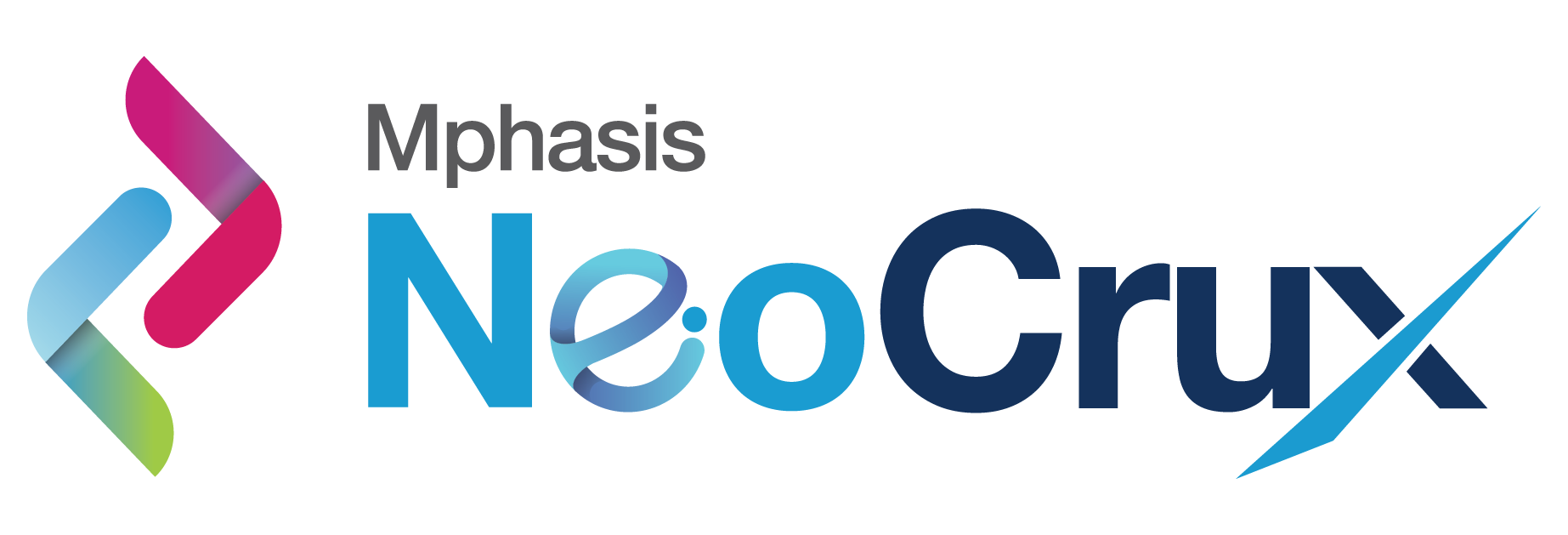Gen-AI Powered TPF Modernization
Modernizing TPF Systems for
Next-Gen Scalability
Legacy Transaction Processing Facility (TPF) systems, while proven and highly reliable, face increasing challenges in today’s dynamic business environment—ranging from complex codebases and architectural constraints to high operational costs and limited SME availability—highlighting the need for more flexible, agile, and sustainable solutions to meet evolving market demands.
Complex and macro-heavy assembler code, tightly coupled components with no modularity, lack of knowledge artifacts, and architectural constraints due to monolithic nature and high operational costs, make TPF systems increasingly unsustainable for airlines. Mphasis addresses this with a strategic modernization initiative for legacy TPF systems, leveraging our deep understanding of travel domain, 20+ years of TPF CoE, SME Knowledge and GenAI-powered Neo Platform.
Our approach addresses the critical challenges faced by customers operating on assembler-based systems, transforming them into agile, scalable, and cost-efficient digital infrastructures.
We combine domain knowledge with our GenAI-powered approach and our Neo Platforms, an AI + automation framework that accelerates modernization with minimal risk. Our end-to-end modernization process ensures a seamless transition to advanced systems and includes:
Mphasis Neo platforms are GenAI-powered platforms that help organizations confidently modernize complex, legacy systems into agile, efficient solutions, cutting transition time and costs while ensuring accuracy.
Mphasis NeoZetaTM – Re-Learn Agent
Mphasis NeoZeta™ is the AI component responsible for re-learning legacy applications’ structure and logic. The platform -


Mphasis NeoCruxTM – Code Generation Agent
Mphasis NeoCrux™ is the developer’s intelligent assistant, integrated directly into the IDE. This platform -
Mphasis NeoSaBaTM – Agile Development Agent
Mphasis NeoSaBa™ serves as a semi-automated business analyst, helping teams define and manage Agile requirements. It achieves this by -

Mphasis complements the GenAI-powered Neo Platform with a suite of specialized accelerators, through the TPF Modernization Lab. These accelerators streamline the modernization process, reduce manual effort, and improve accuracy. These tools are purpose-built to understand, dissect, and document legacy TPF systems in ways that are scalable and repeatable.
Flow Analyzer
The Flow Analyzer provides a comprehensive visualization of how various modules and programs interact within the legacy system. It helps teams map out the execution paths, understand data flow across different modules, and identify cross-program dependencies. By revealing how components influence one another, it simplifies the identification of high-impact areas and assists in isolating critical business logic.
Macro Layout Creator
Legacy TPF systems often rely on a dense network of macros that obscure program logic. The Macro Layout Creator deconstructs this complexity by generating visual summaries of control flow and macro usage within each module. It pre-populates a logical structure with “if” conditions, branching paths, and known logic constructs, making it easier for analysts and developers to isolate business-relevant sections of code while ignoring repetitive or boilerplate instructions.
Business Rules Extractor
This accelerator is designed to mine implicit business logic from the legacy assembler code. It identifies and extracts actionable business rules by analyzing conditions, control structures, and code patterns. The tool helps filter out noise by focusing only on known, relevant rules, reducing redundancy and improving clarity. The extracted rules feed directly into the Knowledge Graph, aiding in the generation of BRDs (Business Requirement Documents) and user stories.
Impact Analyzer
The Impact Analyzer provides a holistic view of the modernization surface. It evaluates which components are active, interdependent, or obsolete. This allows architects and SMEs to prioritize modernization work, identify reusable components, and reduce the risk of regression by avoiding unnecessary changes to stable areas. It also plays a vital role in defining the scope of modernization efforts and ensuring that modernization doesn't disrupt critical functionality.
Our approach fully integrates testing into the modernization workflow. Functional test cases are generated using BDD (Gherkin) methodologies and validated by SMEs. For test data, Synth Studio leverages AI to generate compliant synthetic datasets that preserve data integrity and sensitivity.
Performance testing follows a structured load validation strategy:
The GenAI-powered approach transforms legacy modernization from a high-risk, high-cost operation into a streamlined, semi-automated process, achieving:

70–75% reduction in manual effort, including >50% decrease in relearn time

70-80% accuracy in automated business rules extraction.

~60% reduction in modernization costs by leveraging enterprise knowledge

Faster time-to-market with agile development

Improved code quality, maintainability, and traceability